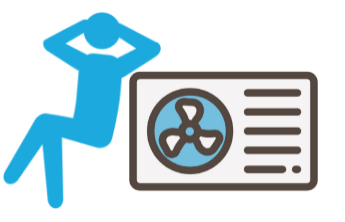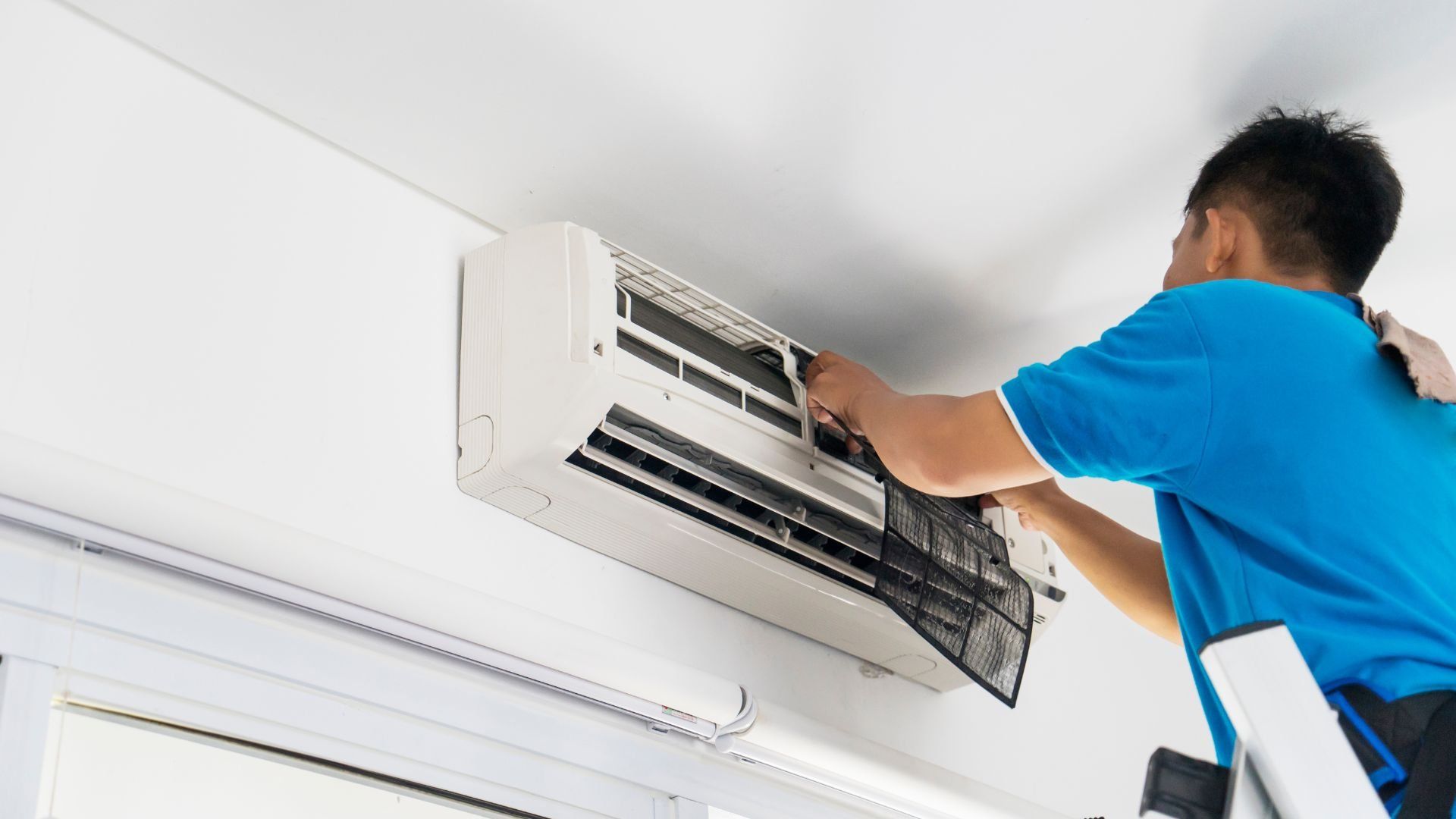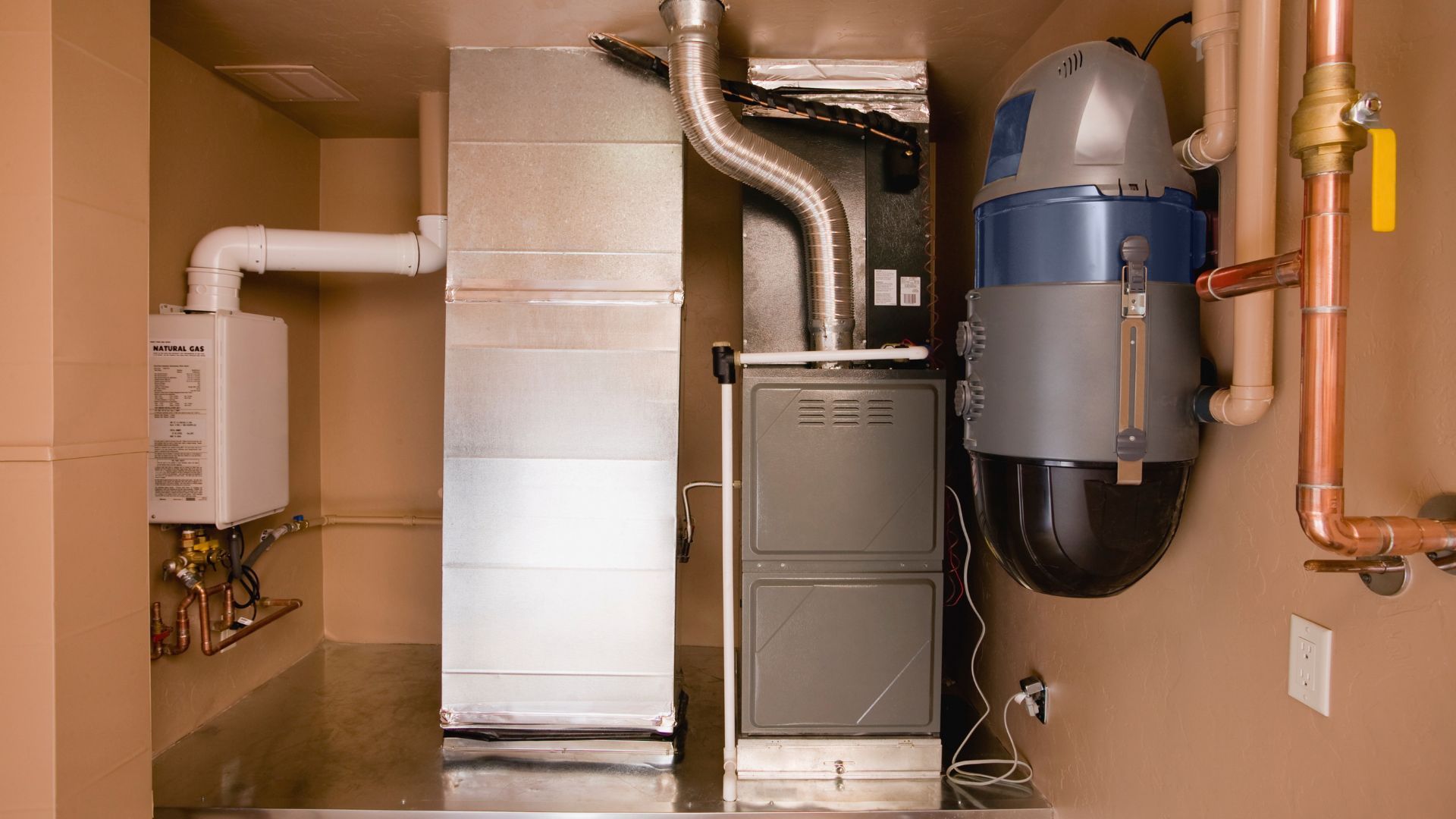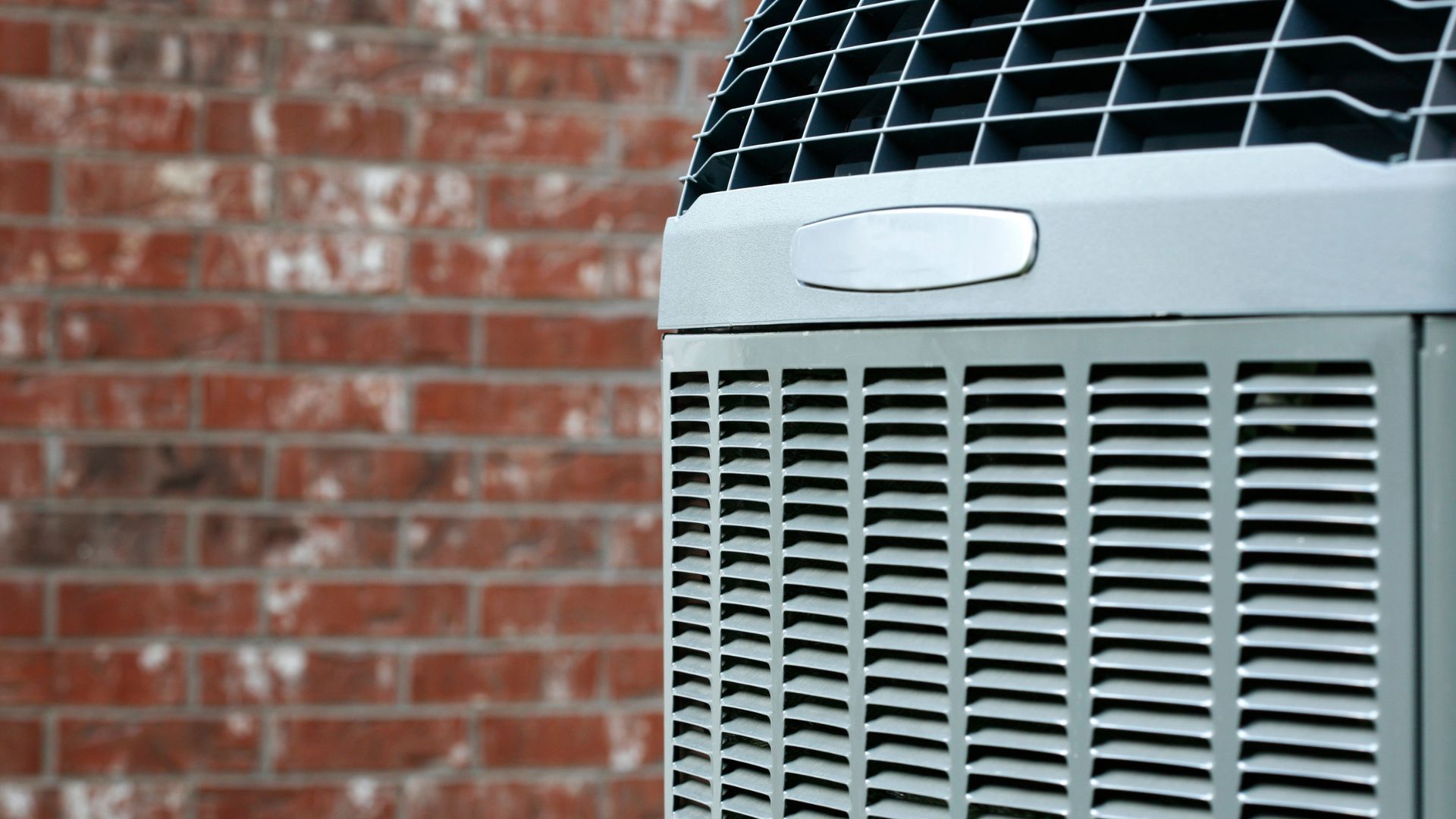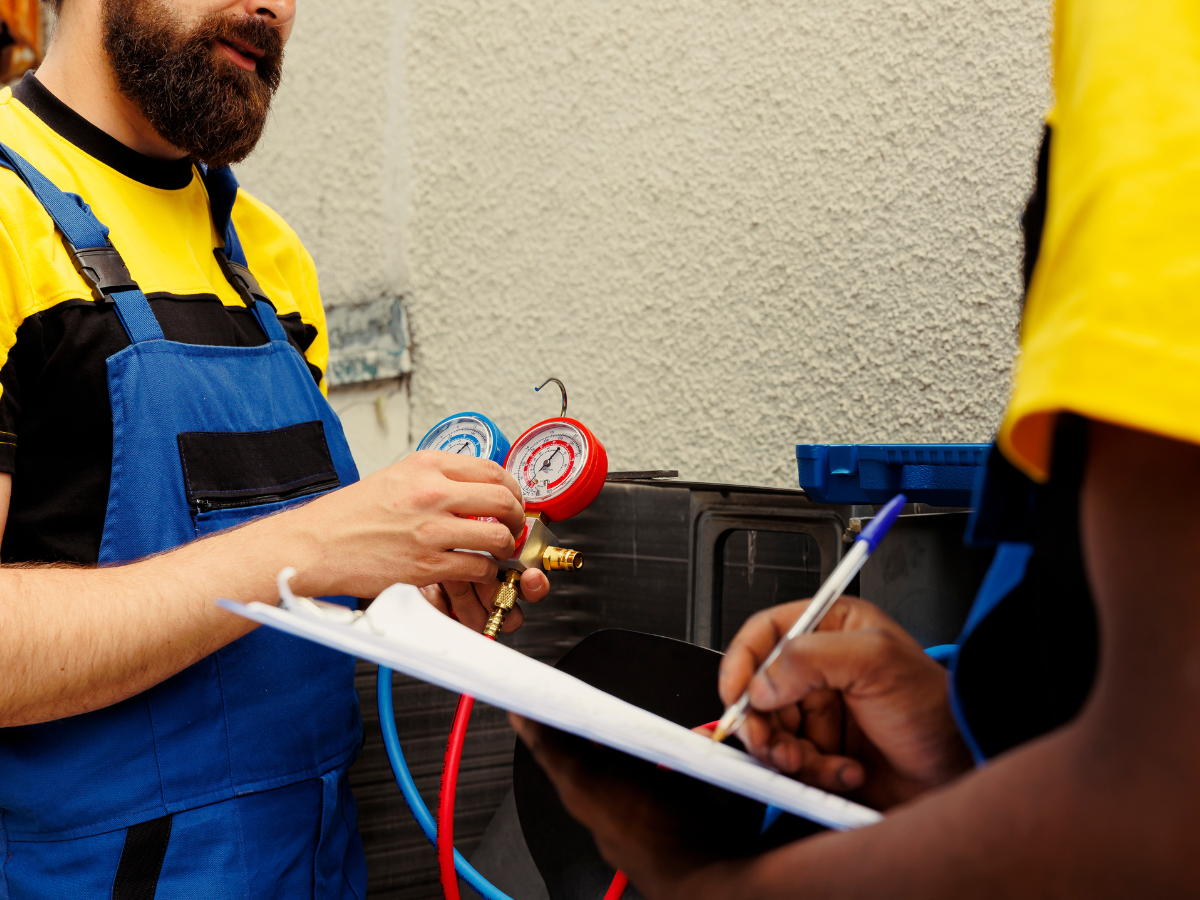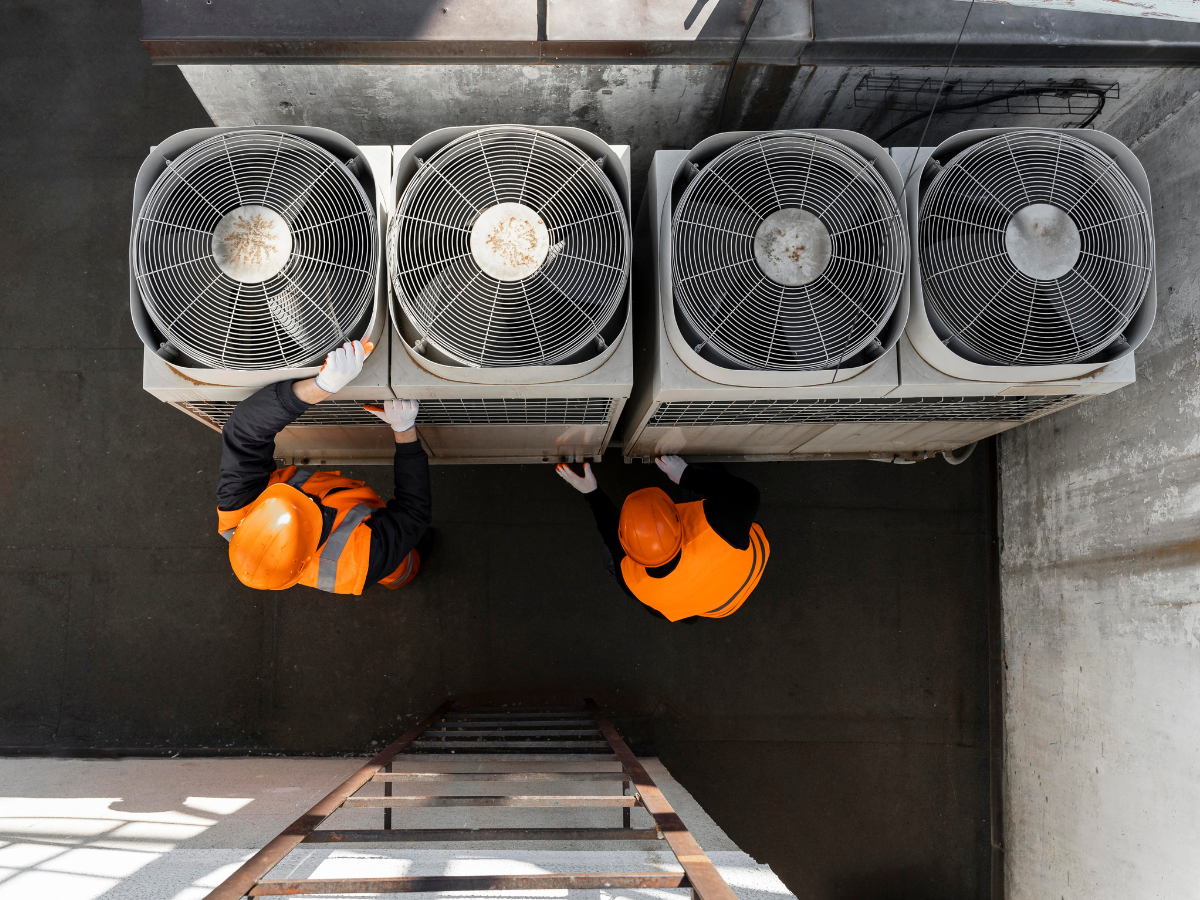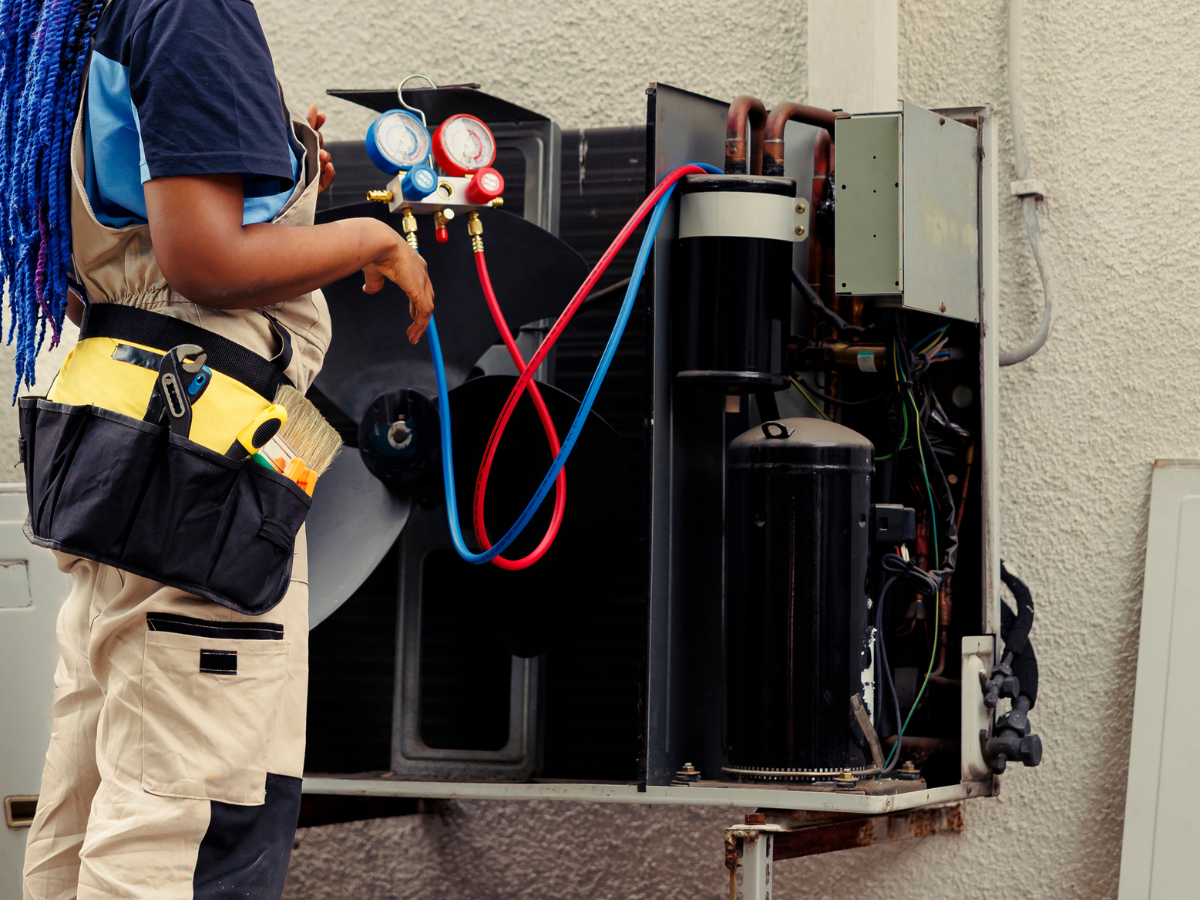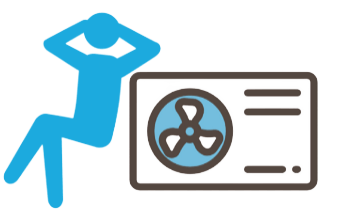We specialize in all aspect of HVAC & are dedicated to giving your fast, friendly and reliable service. Our techs are available at any time of day.
HVAC Bellingham Wa
Comfort Zone HVAC is the Best HVAC Service in Bellingham, WA
Searching for a dependable, cost-effective and proficient HVAC service in Bellingham? Comfort Zone HVAC has you covered. Our team of knowledgeable technicians have extensive experience as experts in all things HVAC, making sure our customers receive the highest quality services possible. Stop looking; start trusting us today with your needs!
Why Choose Comfort Zone HVAC?
There are many reasons why Comfort Zone HVAC is the best choice for your HVAC needs. First and foremost, we're dedicated to providing our customers with top-notch service. We understand that your HVAC system is a crucial part of your home, and we'll do everything we can to ensure it's running smoothly.
In addition to our commitment to excellent service, we're proud to offer some of the most competitive rates in the area. We believe everyone should be able to afford quality HVAC services, and we work hard to keep our prices fair.
Finally, we understand that your time is valuable. That's why we offer convenient scheduling options in Bellingham Wa. We know your time is precious, and we'll do everything we can to ensure your experience with us is as hassle-free as possible.
If you're seeking a dependable and budget-friendly HVAC service near Bellingham, WA then Comfort Zone HVAC is the place to go! Our proficient technicians are devoted to offering customers only the best quality of service. Take action now and contact us for an appointment today!
Expert & Professional Services
Get a quote
Contact Us
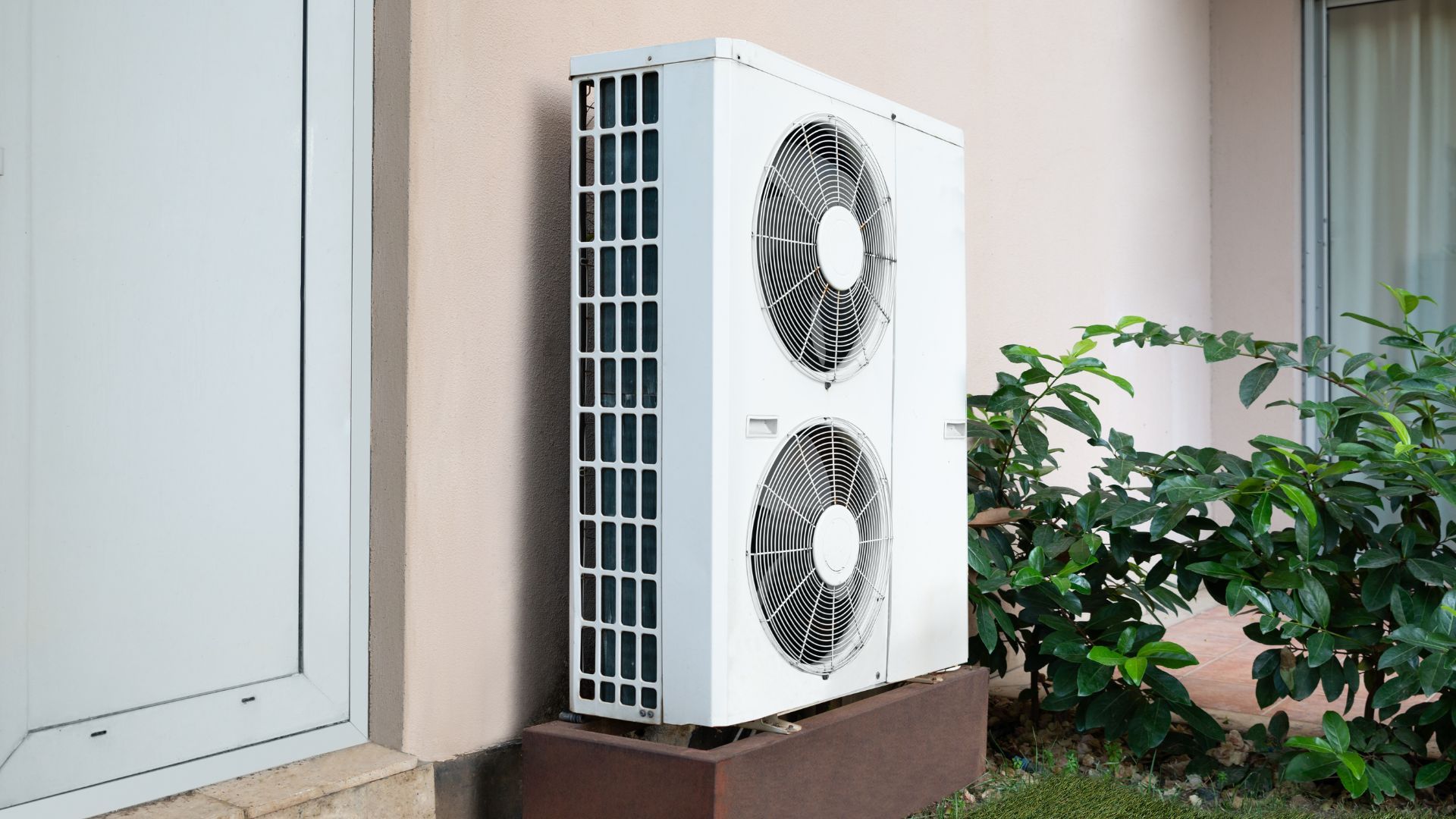
Our Services
What Does HVAC Stand For?
Heating, ventilation, and air conditioning--otherwise known as HVAC to many people in the residential and commercial Real estate industry--refers to the systems that regulate airflow throughout a building. By bringing in fresh air and using a mechanical ventilation system, these systems can heat or cool indoor spaces to maintain the desired temperature. There may be various types of HVAC systems available on the market today, but they all operate under this same basic premise.
HVAC units provide many benefits, such as controlling humidity and improving air quality. These units come with air cleaners that can remove bacteria, spores, and virus-sized particles from the air. If you're interested in determining which system is best for your home, an HVAC technician will visit your house for a pre-installation evaluation.
How Does an HVAC System Work?
HVAC systems move air to heat or cool an indoor space. Typically, these systems have three parts: a heating unit, a cooling unit, and ductwork. Bright Hub Engineering says that HVAC systems usually start with ventilation, which draws fresh air. Natural ventilation pulls in outdoor air through windows, doors, or cracks and then relies on pressure differences to push the air throughout a building. However, tight seals on today's homes and offices require fans, blowers, or other mechanical means to circulate air.
Furnaces
We can help with every type of installation, maintenance and repair.
Air Conditioning
We can help with every type of installation, maintenance and repair.
Heating Air Conditioning Systems
Most homes and buildings maintain comfortable indoor temperatures using heating and air conditioning systems that work in tandem. These systems usually rely on a forced-air delivery system, which uses ducts to spread conditioned air around the building.
The standard heating process usually starts with a furnace. This uses fuel sources like natural gas, oil, or electricity to create heat. The heat is then sent through the building using a blower or fan.
The heating air conditioning process works by removing heat and humidity from the air, which is then circulated throughout the building using a fan. This is usually done by using a refrigerant to cool the air.
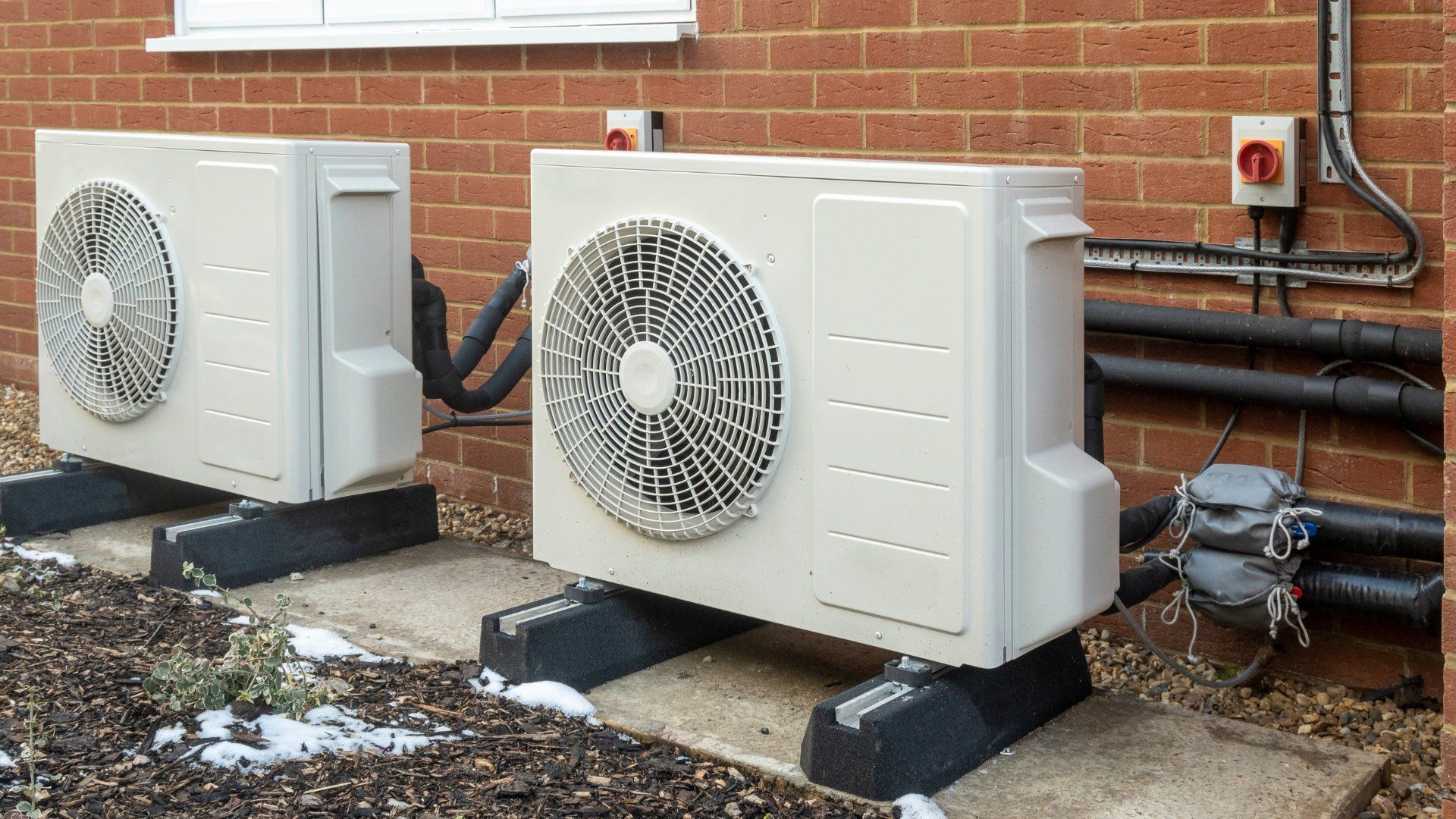
Heat Pumps Bellingham Wa
A heat pump cools your home in the same way a central air conditioner does by taking advantage of the fact that heat flows from warmer to cooler temperatures. In order to expel hot air from your building and produce cool air, a heat pump flips this process around so that it draws cold outside air over the even harder refrigerant. The desired temperature is reached and blown into your home by heating up the coils with this process.
Furnaces Bellingham Wa
An HVAC system runs a gas furnace by pulling air into the ducts and forcing it into the furnace. The combustion chamber heats up to the designed temperature while the furnace runs. Then, the air is pushed through a heat exchanger, which becomes heated before being blown by a motor back through the ducts and into your home. We offer furnace repair, replacement, and installation services.
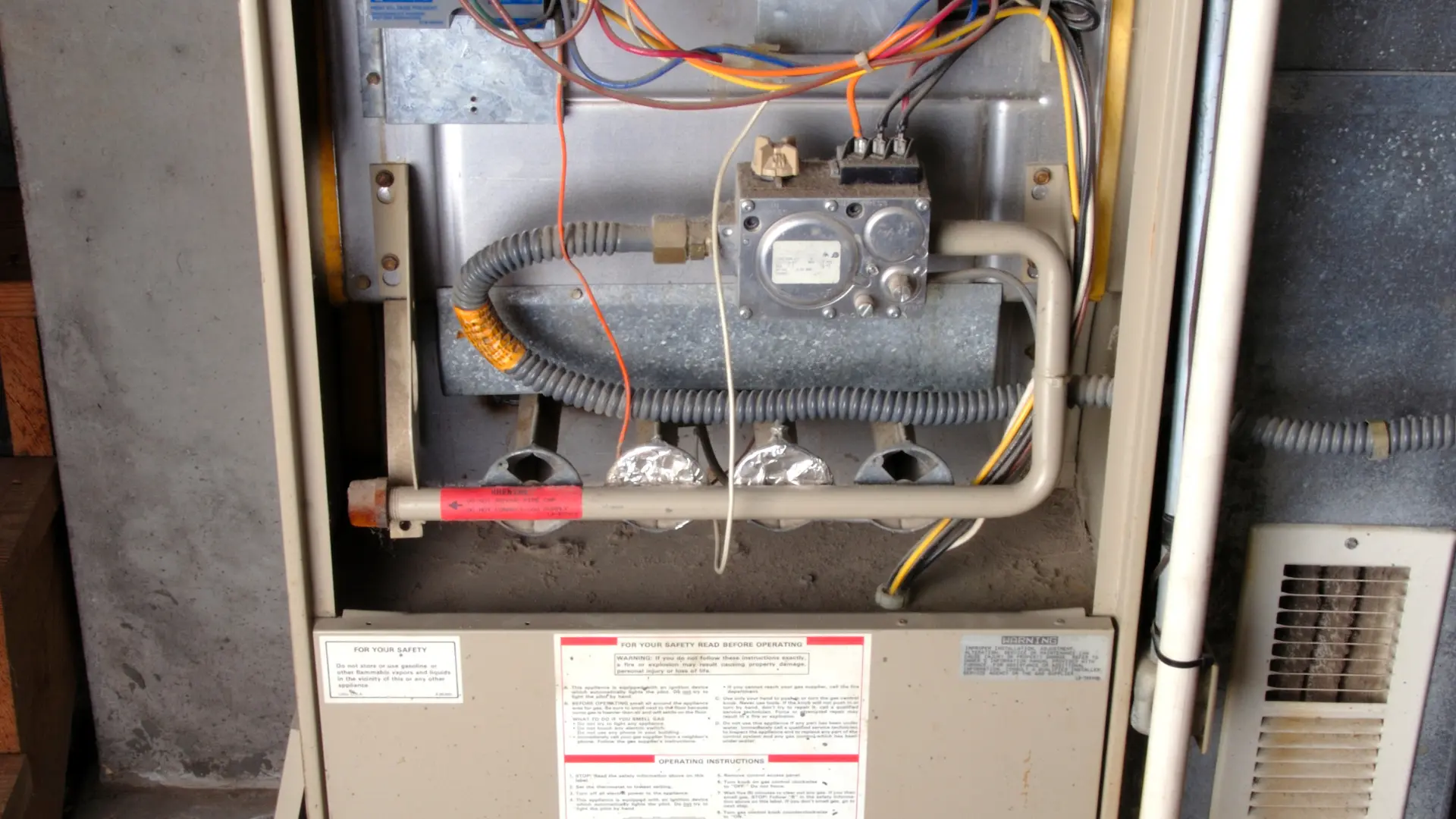
Types of HVAC Systems
An HVAC system's form varies depending on a combination of factors, including the climate where the home is located, how old the house is, and its existing ductwork. Other considerations are the heating and cooling needs of the home. With so many potential variations, your best bet is to consult with an HVAC technician who can help you figure out which option will work best for you.
HVAC systems are not one size fits all - each is individually customized to the home it will be installed in, considering various conditions such as climate, ductwork, as well as other heating and air conditioning needs.
By installing an air purifier, humidifier, or dehumidifier in your home, you can improve indoor air quality while also saving money on energy costs by using a standard or smart thermostat. A Wi-Fi-enabled smart thermostat is especially beneficial because it allows you to make hourly adjustments that conserve energy.
Split System
A split system, also called a forced-air system, has one unit inside and another outside. The configuration you'll need will depend on where you live and the climate there. For example, it's best to have a furnace and heat pump setup if you live in an area that has a really cold climate.
Hybrid Heat Pump
Did you know that, in some cases, it's cheaper to heat your home with a hybrid system than just a furnace? A dual-fuel or 'hybrid' system includes an electric heat pump that works with a furnace. In colder weather, the furnace does most of the work, but in milder temperatures like spring and fall, the heat pump can take over and use less energy.
Packaged System
A packaged system contains the same components as a split system, but all units are stored externally. This is the best option if you don't have space for a heating unit inside your home or want a quieter solution. Additionally, installation costs are lower because there's only one unit rather than multiple units.
A good HVAC system doesn't just regulate the temperature--it can also improve the air quality in your home. Ventilation systems help get rid of stuffy air, while humidifiers and dehumidifiers ensure there's neither too much nor too little moisture in the air. Air purifiers remove spores, bacteria, viruses, and other tiny particles from circulating through your home. Talk to an HVAC professional to see which add-ons suit you and your family.
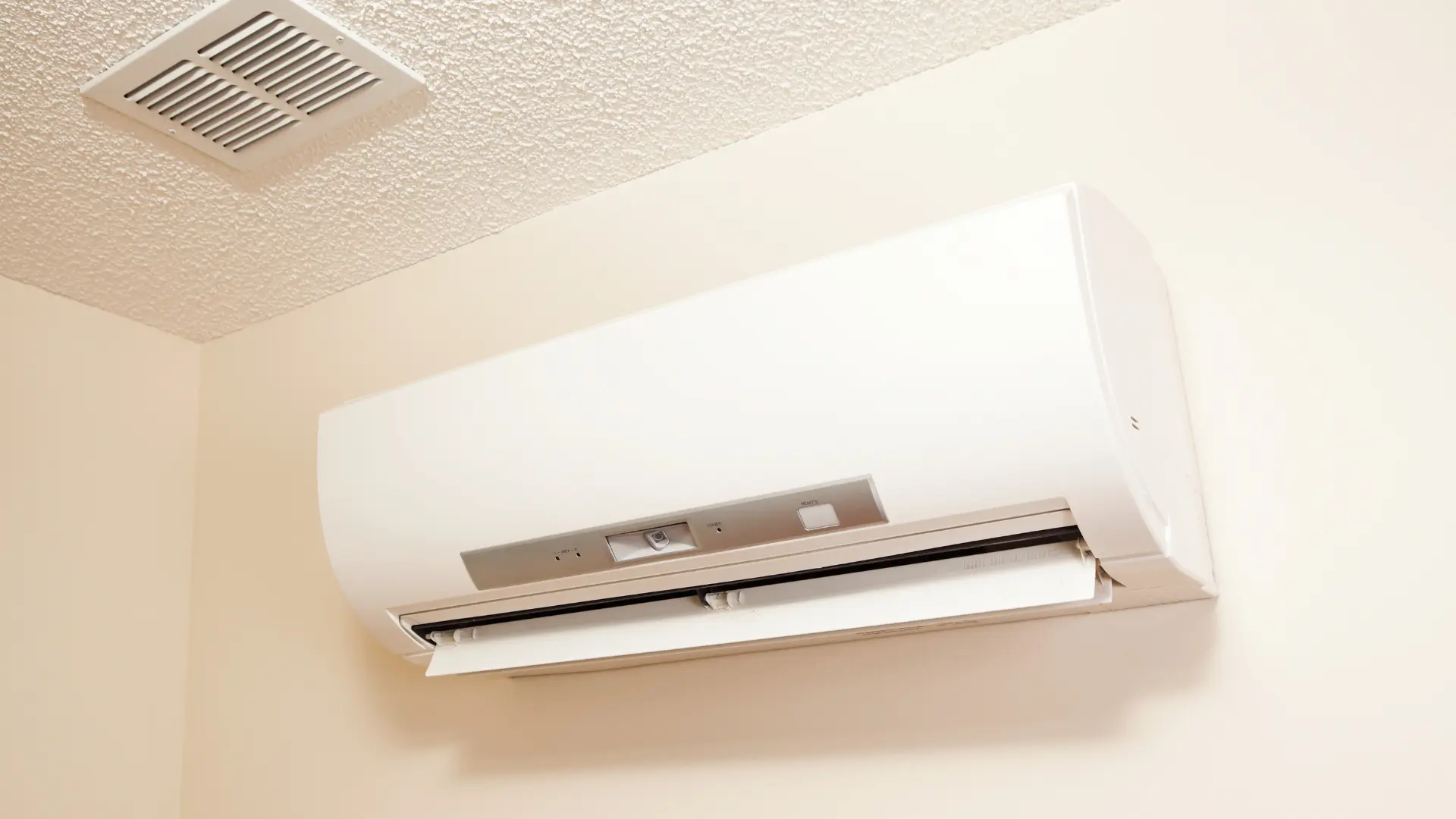
Ductless Mini-Split
According to the Air Conditioning, Heating & Refrigeration Institute, a ductless mini-split system has an outdoor unit that contains the compressor and condenser. Additionally, an indoor air handler mounted in the room blows cooled air directly into said room. This type of ductless system is well suited for just about any space like garages or workshops that don't require a traditional split system; they are also meant for whole-house applications, they are very versatile.
Ducted Mini-Split
A ducted mini-split system uses small tubes to relay air from an outdoor compressor and condenser into a room, which is preferable for homes that don't have much space for regular ductwork. Ducted mini-splits also provide better circulation than ductless systems.
Area's We Service
We service all of Whatcom county that includes Bellingham, Lynden, Blaine, Sumas, Mount Vernon, and Ferndale Wa. We service residential, commercial, and industrial buildings. We also offer maintenance programs to keep your system running efficiently. Replacements and new installations are no problem. We will work with you every step of the way to ensure a smooth transition and that all your needs are met. Heating and cooling are what we know, and we are a family-owned business that wants the best for our clients. If you have a home or business that is in need of ductless heat, water heaters, air conditioning or any other services we provide, please don't hesitate to reach out. We look forward to hearing from you and adding you to our long list of happy clients!
Comfort Zone HVAC: Bellingham's Trusted Heating & Cooling Specialists
For years, Comfort Zone HVAC has been the go-to choice for Bellingham residents and businesses in Washington, extending our services to Skagit and Snohomish regions. With years of experience under our belt, we've consistently done a great job, ensuring our commercial customers and homeowners alike enjoy peace of mind when it comes to their heating and cooling services. Whether you're in need of a new furnace installation, considering a ductless heat pump for those cold weather months, or seeking reliable service for your AC system, we've got you covered. Our expertise doesn't stop there; we're also proficient in sheet metal work for new construction projects, air duct cleaning to ensure a healthier indoor environment, and the installation and maintenance of gas fireplaces. In fact, our fireplaces are a favorite among locals looking to add warmth and ambiance to their homes. And for those considering an upgrade to their hot water system or seeking meticulous duct cleaning, our team ensures every air duct is pristine. At Comfort Zone HVAC, our commitment is to provide reliable and efficient cooling and heating solutions, ensuring every Bellingham home and business stays comfortable year-round.
Expert tips
Visitor our blog for tips to help you keep your house in top shape.
